Telecommuting in Cuba is here to stay, and although the conditions -due to the effects of the pandemic- are not ideal to extend it in less time to more sectors, the will of the State to expand this form of employment is very clear.
Author: Yenia Silva Correa | internet@granma.cu
August 3, 2021 23:08:03 PM
Translated by Walter Lippmann for CubaNews.
Telecommuting in Cuba is here to stay, and although the conditions -due to the effects of the pandemic- are not ideal to extend it in less time to more sectors, the will of the State to expand this form of employment is very clear.
There are notorious advances in the eagerness to concretize the letter of the Guidelines of the Economic and Social Policy of the Party and the Revolution for the period 2021-2026, on the subject of employment and salary, which explicitly states: “to take into account the use of telework and telecommuting”.
Little by little, the numbers reveal the changes in that direction. According to data provided to Granma by Ingrid Travieso Rosabal, director of Employment of the Ministry of Labor and Social Security, at the end of June there were 411,098 workers working remotely, based on the nature of the activity or position they perform.
The source clarifies that, of this figure, 22 204 perform their functions in the modality of telework, 245 659 at home, and 143 235 in the field. It is worth remembering that, although these variants involve working outside the entity, teleworking requires connectivity, while telecommuting lacks it, so that the employee must go to his center to deliver the result of his work.
The implementation of telecommuting is not progressing at the same pace in all provinces. For example, adds the MTSS, Matanzas (4%), Cienfuegos (7%), Mayabeque and Camagüey (9%), Holguín (11%), Isla de la Juventud (13%), Artemisa and Villa Clara (15%) are below the national average.
The Ministry of Labor and Social Security – Travieso Rosabal pointed out – is currently working on the identification of the potential of positions that can be performed at a distance, as well as the number of workers who are likely to be employed in these modalities.
“Based on the results obtained in the study, together with the Faculty of Psychology of the University of Havana, we are working on the design of a regulation for the implementation of these forms of work organization, with the aim of promoting and extending their use and achieving greater homogeneity in their implementation”.

